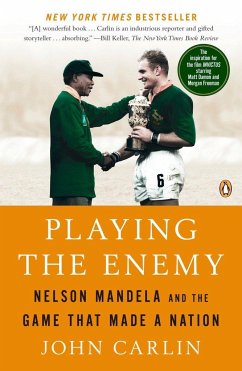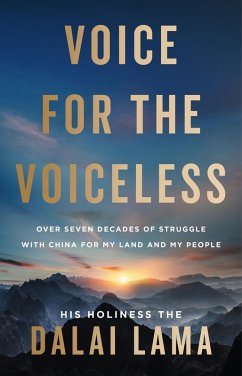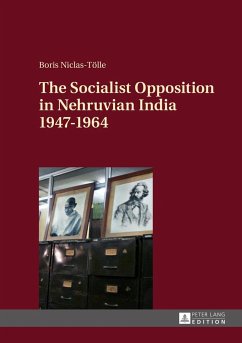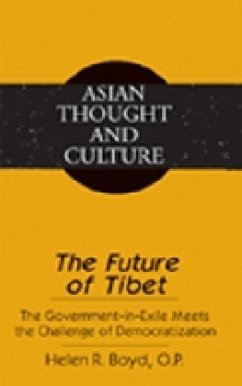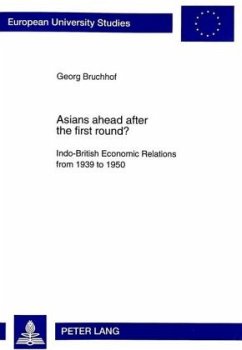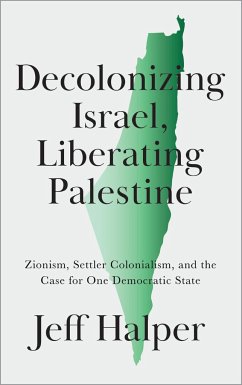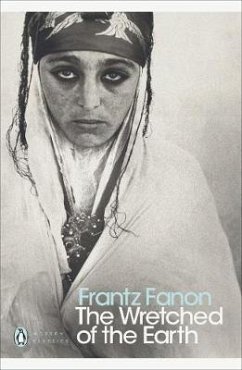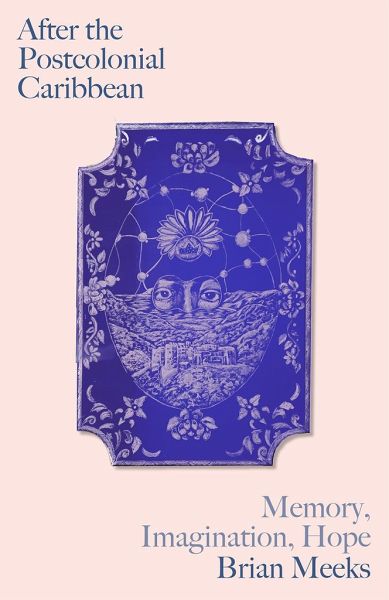
After the Postcolonial Caribbean
Memory, Imagination, Hope

PAYBACK Punkte
8 °P sammeln!
Across the Anglophone Caribbean, the great expectations of independence were never met. From Black Power and Jamaican Democratic Socialism to the Grenada Revolution, the radical currents that once animated the region recede into memory. More than half a century later, the likelihood of radical change appears vanishingly small on the horizon. But what were the twists and turns in the postcolonial journey that brought us here? And is there hope yet for the Caribbean to advance towards more just, democratic and empowering futures?After the Postcolonial Caribbean is structured in two parts, 'Remem...
Across the Anglophone Caribbean, the great expectations of independence were never met. From Black Power and Jamaican Democratic Socialism to the Grenada Revolution, the radical currents that once animated the region recede into memory. More than half a century later, the likelihood of radical change appears vanishingly small on the horizon. But what were the twists and turns in the postcolonial journey that brought us here? And is there hope yet for the Caribbean to advance towards more just, democratic and empowering futures?
After the Postcolonial Caribbean is structured in two parts, 'Remembering', and 'Imagining.' Author Brian Meeks employs a sometimes autobiographical form, drawing on his own memories and experiences of the radical politics and culture of the Caribbean in the decades following the end of colonialism. And he takes inspiration from the likes of Edna Manley, George Lamming and Stuart Hall in reaching towards a new theoretical framework that might help forge new currents of intellectual and political resistance.
Meeks concludes by making the case for reestablishing optimism as a necessary cornerstone for any reemergent progressive movement.
After the Postcolonial Caribbean is structured in two parts, 'Remembering', and 'Imagining.' Author Brian Meeks employs a sometimes autobiographical form, drawing on his own memories and experiences of the radical politics and culture of the Caribbean in the decades following the end of colonialism. And he takes inspiration from the likes of Edna Manley, George Lamming and Stuart Hall in reaching towards a new theoretical framework that might help forge new currents of intellectual and political resistance.
Meeks concludes by making the case for reestablishing optimism as a necessary cornerstone for any reemergent progressive movement.




